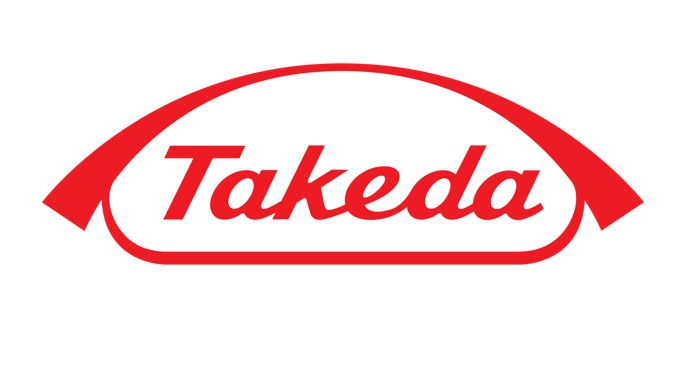FDA clears Takeda drug for post-transplant CMV infections

Takeda has scored the first-ever FDA approval of a treatment for refractory cytomegalovirus (CMV) infections in organ transplant patients, which can lead to an increased risk of complications and even death.
Livtencity (maribavir) has been cleared for use in transplant patients aged 12 or over with CMV infections that do not respond to first-line treatment with current antiviral drugs for CMV, such as ganciclovir, valganciclovir, foscarnet and cidofovir.
The FDA followed its advisory committee's advice and backed Livtencity for use regardless of whether patients are infected with CMV strains that have resistance mutations, as checking for these could delay treatment.
Maribavir works by blocking the activity of a CMV enzyme called pUL97 that is essential for replication of the virus, and also avoids some of the serious haematological side effects that are associated with the older antivirals. It was one of the drugs acquired by Takeda when it merged with Shire in 2019.
The approval marks the culmination of a lengthy development for a drug that failed a phase 3 trial more than a decade ago for CMV prevention in hematopoietic stem cell transplant (HSCT) recipients.
Originally developed by GlaxoSmithKline, it was licensed to ViroPharma, which was subsequently bought put by Shire.
The approval is based on the phase 3 SOLSTICE trial. which showed Livtencity was superior to conventional antiviral therapies in refractory CMV.
More than 55% of transplant recipients with refractory infections achieved confirmed viral clearance with Takeda's drug, compared to around 24% of those on the older drugs.
CMV is one of the most common and serious post-transplant infections with an estimated incidence rate of between 16% and 56% in solid organ transplants, and 30% to 70% in HSCT procedures.
Livtencity is one of Takeda's 'Wave1' of new therapies that the company said a couple of years ago could collectively add more than $10 billion in aggregate peak sales, and the drugmaker has previously predicted sales revenues from the drug could top $700 million a year at peak.
There's no word yet on pricing, but Takeda said it would launch the drug "in the coming days."












